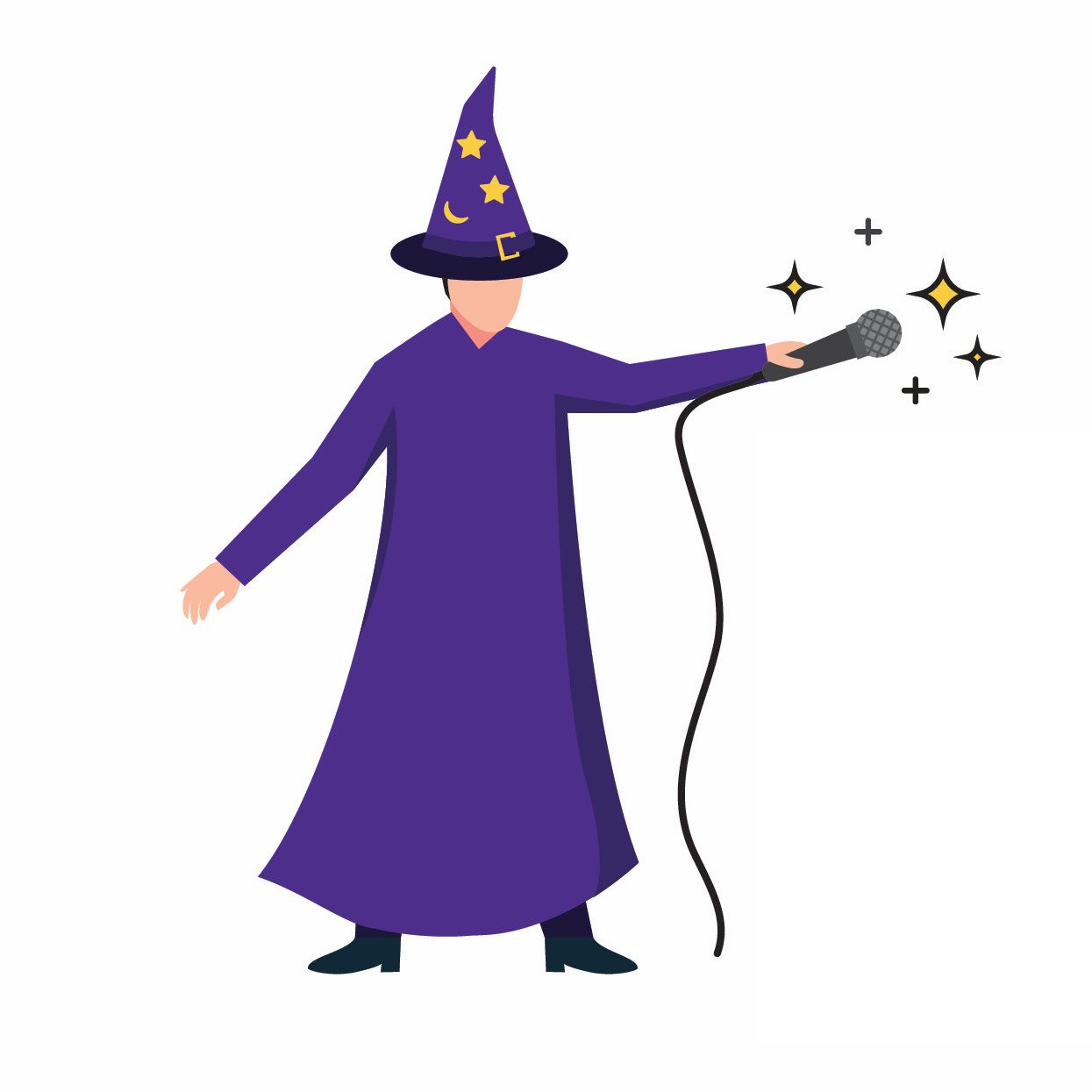Podcasting remains an incredible platform for sharing stories, opinions, and expertise, but not everyone wants their name, face, or voice tied to their work. Staying anonymous with your podcast: Whether you’re covering sensitive topics, maintaining privacy due to professional concerns, or simply prefer a layer of mystery, staying anonymous as a podcaster requires strategy and careful execution.
Read more: Staying Anonymous with Your Podcast: A Guide to Protecting Your IdentityWhy Stay Anonymous?
There are many reasons a podcaster might choose anonymity:
- Discussing Sensitive Topics – Covering controversial issues, political matters, or whistleblowing stories can put podcasters at risk.
- Protecting Personal or Professional Life – Some professionals, such as teachers, doctors, or corporate employees, may not want their podcasting hobby linked to their day jobs.
- Maintaining Creative Freedom – Anonymity allows podcasters to explore topics without worrying about personal branding or social repercussions.
If any of these reasons resonate with you, here’s how to keep your identity under wraps.
Staying Anonymous with Your Podcast
DISCLAIMER: There is no fool-proof, 100% secure way to protect your anonymity on the internet. You may employ all the suggestions within this blog, and still fail to remain totally anonymous.
Use a Pseudonym
One of the simplest steps is to operate under a pseudonym. Choose a name that reflects your podcast’s theme but doesn’t trace back to you. Make sure this name is consistent across all platforms, from your podcast hosting service to social media accounts.
Protect Your Voice
Even if you don’t use your real name, your voice can still be recognizable. Consider these options:
- Voice Modulation – Use software like Audacity or Adobe Audition to alter your voice slightly.
- Speech-to-Text Synthesis – Convert your script into AI-generated voices from tools like ElevenLabs or Murf.ai.
- Hiring a Voice Actor – If you have the budget, someone else can read your script for you.
Secure Your Digital Footprint
Maintaining anonymity online requires caution:
- Use a VPN – A Virtual Private Network (VPN) hides your IP address, making it harder to trace your location.
- Create Separate Emails & Accounts – Use a dedicated email address with ProtonMail and separate social media accounts.
- Be Mindful of Metadata – Audio files and images may contain hidden metadata, such as your location. Use tools like Metadata++ to strip these details.
Avoid Personal Identifiers
Be mindful of what you say in your podcast. Avoid mentioning:
- Locations you frequent
- Specific work details
- Distinctive personal anecdotes that could be traced back to you
Distribute Anonymously
Hosting platforms may require personal details for payments and legal compliance. To maintain privacy:
- Use a third-party payment service like PayPal under your pseudonym.
- Choose podcast hosting platforms with strong privacy protections, such as Podbean or Pinecast.
- Consider decentralized podcasting platforms like IPFS to avoid centralized oversight.
Be Cautious with Interviews & Guests
If you invite guests, ensure they understand your anonymity goals. Use voice disguising tools if necessary, and avoid video interviews that could expose your identity.
Maintain Consistency in Your Persona
If you’ve built an anonymous podcast persona, stay consistent. Avoid switching between real and fake identities in different places online, as inconsistencies can lead to exposure.
Final Thoughts
Whether you’re tackling hard-hitting issues or just prefer to be a mystery, anonymity can be a powerful tool in the podcasting space. While following these measures may help protect your anonymity, Staying Anonymous with Your Podcast does require diligence. By taking the right precautions, you can share your voice with the world while keeping your identity safe.
Would you ever consider running an anonymous podcast? Let us know in the comments on our LinkedIn page.
DISCLAIMER: There is no fool-proof, 100% secure way to protect your anonymity on the internet. You may employ all the suggestions within this blog, and still fail to remain totally anonymous.
Contact The Podcast Wizard
As always, don’t hesitate to contact the Podcast Wizard if I can help you with your production endeavors.

